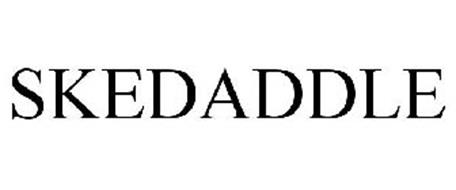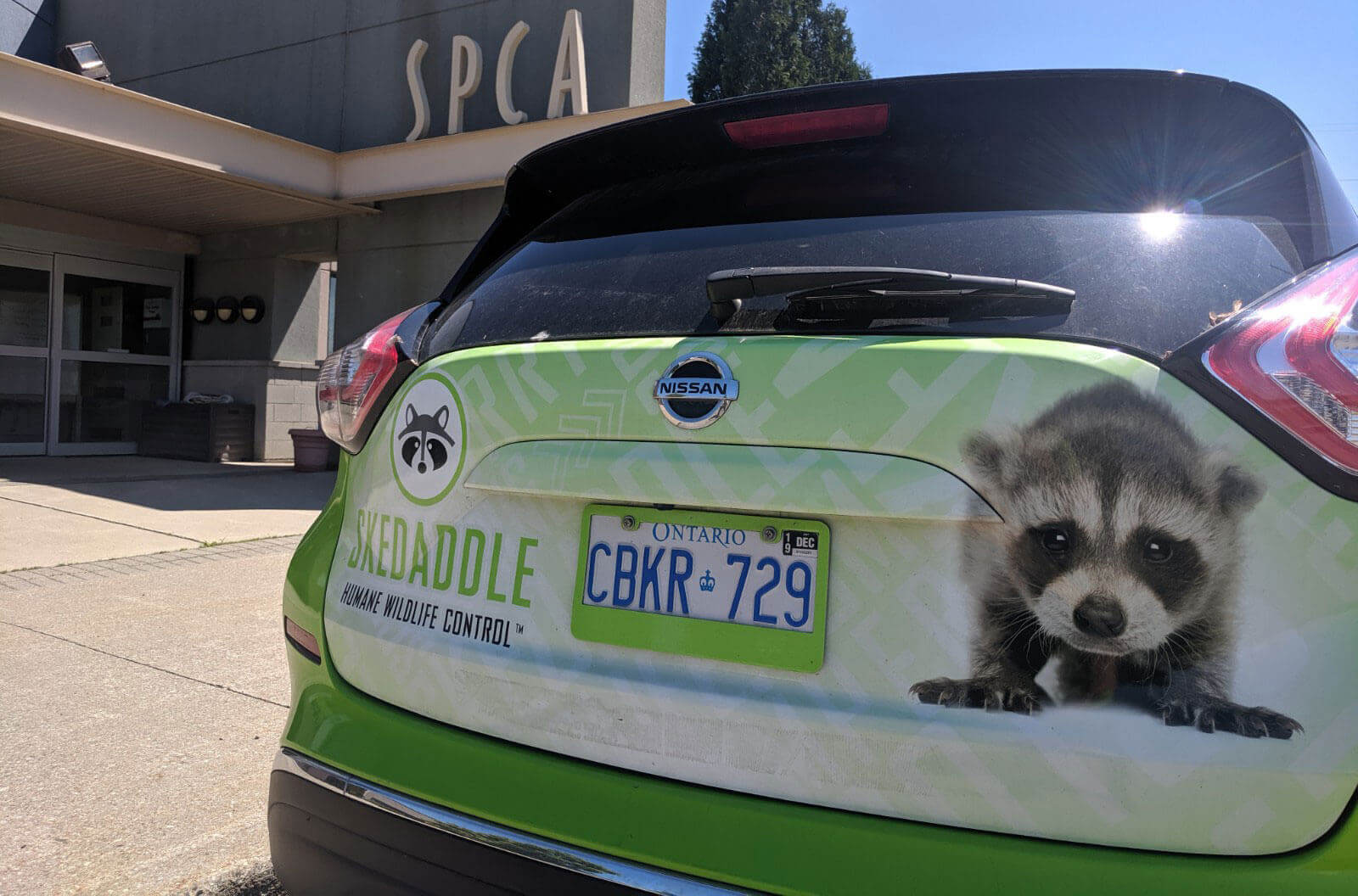

The Scots have all probably tried this indulgent treat at least once, but it is not nearly as popular in Scotland as tourists might think. And hitting that coveted top 10 spot is none other than Macdonald. Surprisingly there’s no ‘Mc-Anything’ in sight until you get to number 9 on the list, according to General Register Office of Scotland. The three top surnames in Scotland are Smith, Brown and Wilson. In the case of Scotland, the most popular baby names are Olivia and Jack. As with any country in the world, however, there will always be local favourites. Let’s face it – the chances are quite slim. “My girlfriend’s uncle lives in Glasgow too! Do you know Graham?” My great, great, great grandmother was Scottish.”Īccording to the locals, you have to have lived in Scotland for a long time, or be born and bred there, in order to be considered Scottish. According to Gary Campbell, the chartered accountant tasked with the duty of keeping the official register of Nessie sightings, the elusive creature is worth an estimated £41 million to the Scottish economy every year. They’re clearly quite persuasive because thousands of tourists keep a keen eye out for ‘Nessie’ every year and keep returning. People from Scotland love to let visitors believe that the Loch Ness Monster exists somewhere within the shimmering depths of Loch Ness. The Scots think it’s refreshingly delicious and it goes without saying, you should feel the same way. So, if you’re offered a taste of “Scotland’s other national drink”, only coming in second to whisky, accept it and drink it with a smile. Scottish locals are about as proud of this orange, carbonated soft drink (and ‘miracle’ hangover cure), as they are of their nation as a whole. Some great Scottish expressions you might hear on your travels however, include ‘ Whit’s fur ye’ll no go past ye‘ (what will be, will be) and (our personal favourite) ‘ Yer aff yer heid!’ – the latter hopefully not in response to something you’ve just said. And, while some Scots may chuckle along with you, it is considered quite offensive by others.įor the record, it is not even something you’ll generally hear the locals say. Its direct English translation is “Oh yes, just now”. For now, I'm skedaddling out of here.This is one of those Scottish phrases that can be heard in countless parodies aimed at poking fun at the Scots’ dialect and accent. Shisler's Dictionary of English Phonesthemes. But if you're interested in further investigations into these semantic affinities, check out Benjamin K. The problem with research into phonesthemes is that this kind of "clustering" is very often in the eye of the beholder. With the help of Visual Thesaurus wordmaps, it's easy to come up other possible word clusters with /sk-/ or /skr-/ like scuff, skin, scrape, and scratch (surface abrasion) or scum, scurf, and scrap (cast-off stuff). And just because there's a particular cluster like the scurrying /sk-/ verbs doesn't mean that the same sounds can't form another loose semantic group. Among scholars of the phenomenon, the jury is still out on how much "psychological reality" these word-bits really have.

Linguists refer to these bits of words that seem to cluster around certain meanings as phonesthemes. It's almost as if there's a hidden force guiding words from different origins to converge on /sk-/ as the sound of skittishness, with skadoosh being the latest example. For instance, scamper probably comes from Latin excampare "to decamp," while scurry is short for hurry-scurry, a reduplicated form of hurry. Why do we have this cluster of /sk-/ verbs in English? They don't all come from the same etymological source. I put together a word list with 15 of them, including scamper, scatter, scramble, scurry, scuttle, and skitter. These words all start with the /sk-/ sound, and if you think about it, a lot of fast-moving verbs start with /sk-/ or /skr-/. In the column, I mention that the development of skedaddle, scadoodle, and skidoo could have been influenced by some regional Americanisms of Scottish origin, verbs describing hurried motion like scoot, scooch, and skoosh. And skidoo probably came from scadoodle, which in turn is a variant of skedaddle. It came from the fertile mind of Jack Black, voice of Po the Panda, who was inspired by an equally silly old slang expression, 23 skidoo.
#Skedaddle etymology movie
In Sunday's Boston Globe I fill in for Jan Freeman, who writes a regular language column called "The Word." My topic is a silly new word that appears in the movie "Kung Fu Panda": skadoosh.


 0 kommentar(er)
0 kommentar(er)
